Life is unpredictable, and people often have challenges with financing large expenses immediately. So, if you need to improve your home, cover wedding expenses, or consolidate debt, borrowing money may be the only solution.
Individuals use lines of credit and personal loans to get extra money in the U.S. You can borrow them both from a traditional financial institution, such as a bank or a credit union, and an alternative lender. Although these options have many similarities, they still differ. Personal loan vs. personal line of credit? Keep reading to explore what suits you.
What Is a Personal Loan?
A personal loan is a form of credit sent from a lender to a borrower in one lump sum payment. Personal loans have an installment structure and can be used for any purpose, from covering medical expenses to debt consolidation. Financial institutions, such as banks, credit unions, and online lenders, usually give you the funds and expect you to return them with interest rates and fees (if applied) within the repayment period set in a loan agreement. Many online platforms, such as BadCredify, allow you to compare various providers to get a loan on the most favorable terms.
Personal loans usually come with fixed monthly payments. You always know how much money to prepare for the debt to avoid any unpleasant surprises. The interest payments and fees will be determined depending on your creditworthiness. Furthermore, some lenders may require a late payment fee, origination fee, or other extra charges. You should compare lenders to find a provider with the most favorable terms and conditions.
When to Choose a Personal Loan Instead of a Line of Credit?
Personal loans may be the right choice in the following situations:
- You know the necessary amount. A personal loan may become an excellent solution for those who understand how much they need to borrow. Car repair, paying for medical bills, or improving a home – people typically understand what sum is required for these expenses. Therefore, a personal loan may be helpful in such a situation.
- You prefer equal payments. A personal loan is a fixed-rate loan. Every month, when a repayment period begins, you need to pay the same installments. It is a convenient option for individuals on a strict budget.
- You need to consolidate debt. With a personal loan, you have the ability to consolidate higher-interest debt into one fixed monthly payment. You can get the necessary amount in one lump sum and make consistent installments with a lower interest rate to a new lender.
Common Uses of a Personal Loan
A personal loan is a unique borrowing option that can be used for many purposes. For instance, you can cover moving expenses or home improvement projects, finance a vacation, or make a large purchase. It may even allow you to access cash to consolidate your credit card debt.
What Is a Personal Line of Credit?
A personal line of credit (PLOC) is a form of unsecured revolving credit line with a variable interest rate. It works like a credit card, enabling people to withdraw money up to a set credit limit during the draw period. The maximum available amount for borrowing may differ as it is determined by a lender. Providers usually focus on an applicant’s credit history and income. To approve a request, financial institutions generally require good or excellent credit.
Unlike personal loans, paying interest in personal lines is required only for the amount you use. Multiple providers also don’t charge interest if you return the cash on time. You may also be charged an annual fee or other fees.
In addition to covering huge expenses, such as home repairs or improvements, personal lines of credit can be used for overdraft protection, emergency situations, and supplementing irregular incomes.
When to Choose a Line of Credit Instead of a Personal Loan?
Although personal loans are the most popular borrowing option among U.S. citizens, there are also many situations when it is better to rely on a line of credit. For example:
- You don’t know how much you need. A personal line of credit will be suitable for individuals needing extra cash but are not sure about the necessary amount. So, you can borrow money and use more funds when required.
- You can pay the total amount. Although interest rates for personal lines of credit are usually higher than for personal loans, you may borrow money without paying interest if you return it within a specific period.
- You look for a long-term option. Unlike personal loans, personal lines of credit can be kept for more than ten years. So, if you need a longer solution, a line of credit is right for you.
Common Uses of a Personal Line of Credit
A personal line of credit can be used for various purposes, from purchases and home improvements to medical bills and emergencies.
Personal Loan Vs. Line of Credit Interest Rates
You will likely need to pay interest in addition to the borrowed amount in the case of both personal lines of credit and loans. However, in the first option, a lender charges an interest rate only on the money you withdraw. It is not required to do it on all the funds you have on the balance. You can return the borrowed cash anytime, and interest accruing will stop. A personal line of credit has variable rates, which means that your interest payment amounts may differ.
With a personal loan, a lender will require paying interest for the total loan amount. It will be added to your monthly installments. Although some personal loans may have variable interest rates, in most cases, you pay the same amount during the whole period.
Key Differences Between Personal Lines of Credit and Personal Loans
To decide which option suits you more, you should pay attention to the main differences between a personal loan and a personal line of credit:
Interest payment amounts. In most cases, personal lines of credit come with higher interest rates than personal loans. It is connected with the greater risk of losing their money to a lender.
Interest rate variability. A personal line of credit comes with variable interest. On the other hand, during the personal loan application process, you always know the fixed amount that you will pay during the whole loan term.
Receiving funds. In the case of a personal loan, you obtain the total amount and then repay it in monthly installments for several months or years. A personal line of credit works similarly to a credit card. After withdrawing money, minimum monthly payments will be required to avoid late fees.
Loan amounts. Various lenders have their own rules and requirements, so you may be able to borrow more with a personal loan than with a line of credit. Personal lines of credit usually serve for ongoing expenses, so they can offer you smaller amounts.
Key Similarities Between Personal Loans and Personal Lines of Credit
Below, you can see the main similarities between lines of credit and personal loans.
Interest rates. You will need to pay interest rates on the taken sum both for a personal loan and a personal line of credit.
Hard credit check. The two options require conducting a hard credit inquiry before lending cash. It means that your credit history will affect the lender’s approval decision.
No collateral is required. These two ways to borrow extra money are unsecured and don’t require collateral. You will not lose your home, car, or other valuable assets if you fail to return the funds on time.
Qualification requirements. As a rule, the eligibility criteria for a line of credit and a personal loan are the same or similar. However, not everyone can meet them.
The Bottom Line: Personal Line of Credit Vs. Personal Loan
Although both a personal loan and a line of credit can help you access extra money, they function differently. So, it is essential to compare them and your financial habits before you access funds.
A personal line of credit may offer you financing on an ongoing basis and make your cash flow more manageable. At the same time, for a large purchase or debt consolidation, it is better to consider a personal loan. The loan can give you the necessary amount that you need to return within the fixed period.

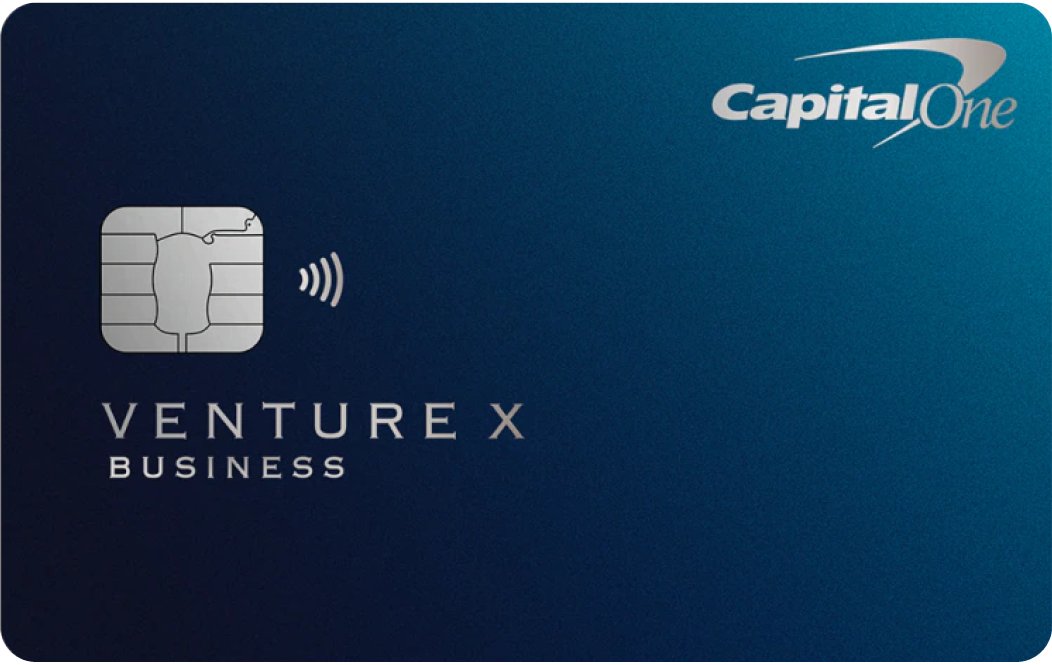
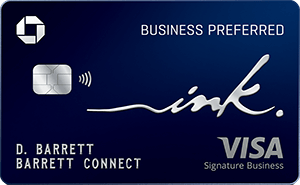
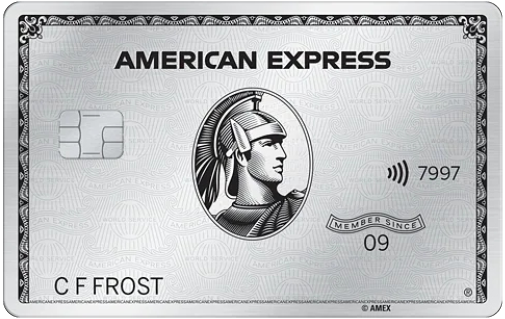
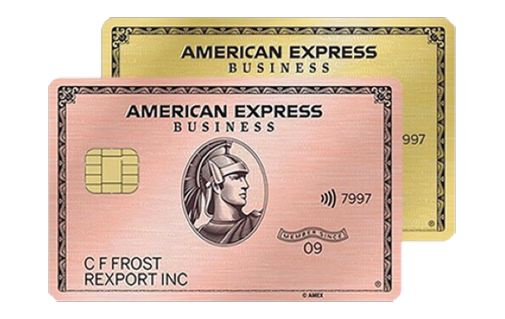
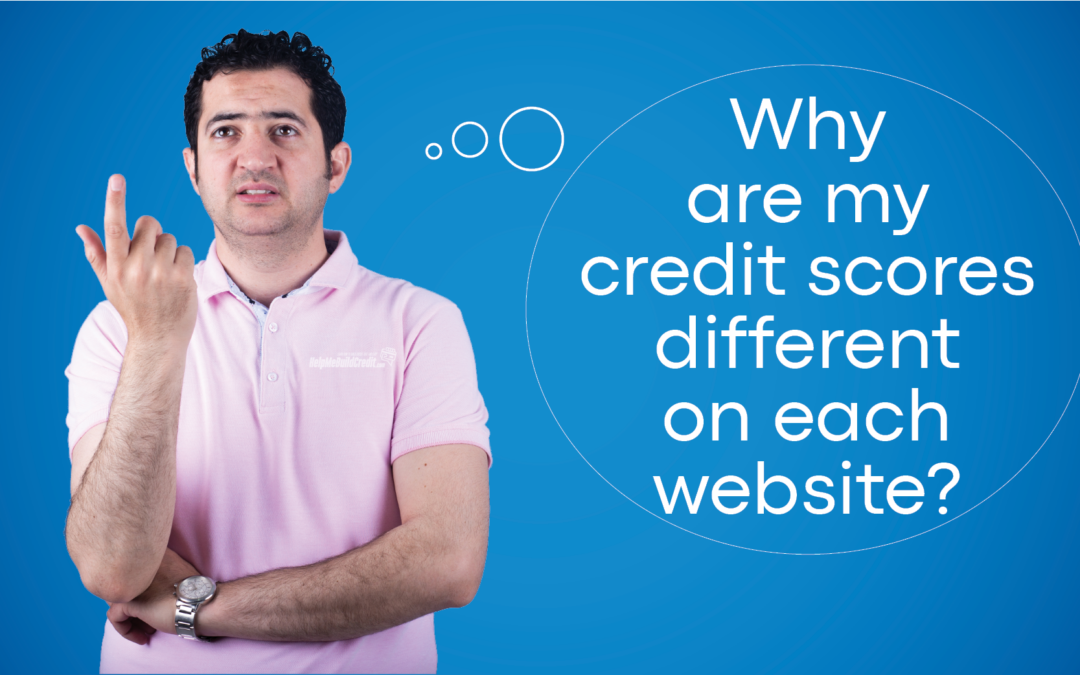
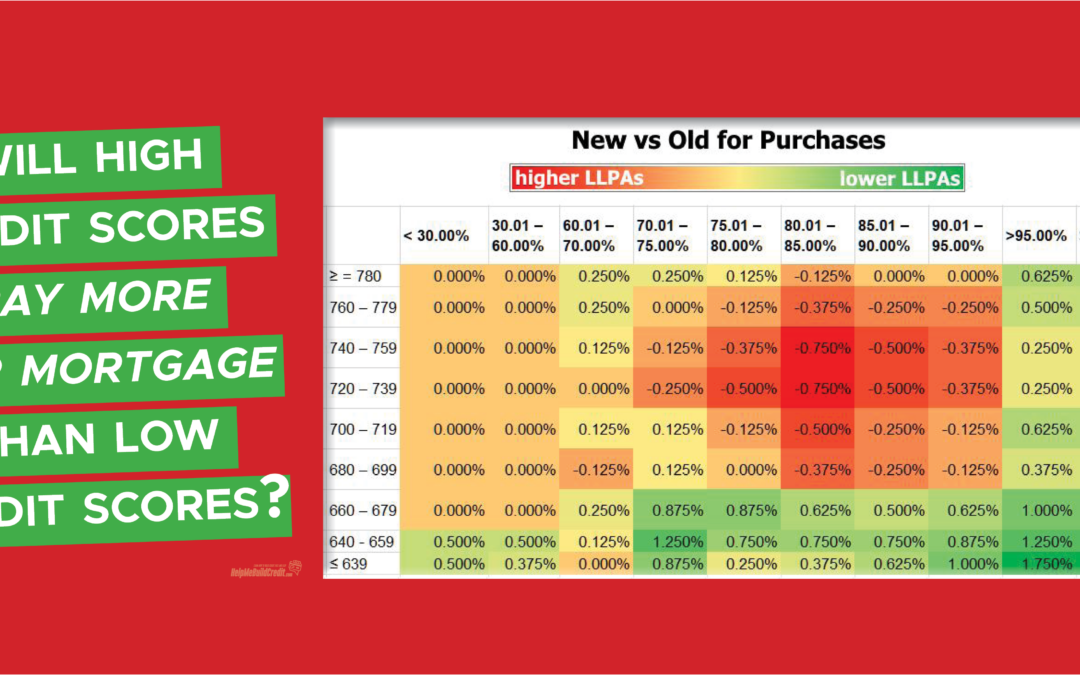
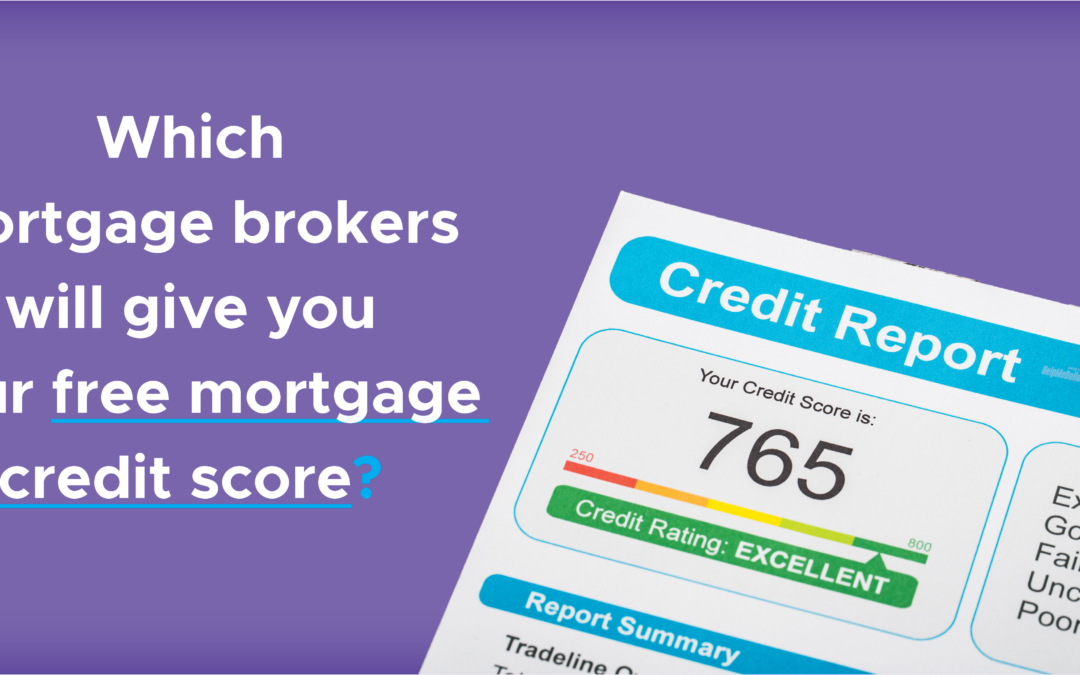
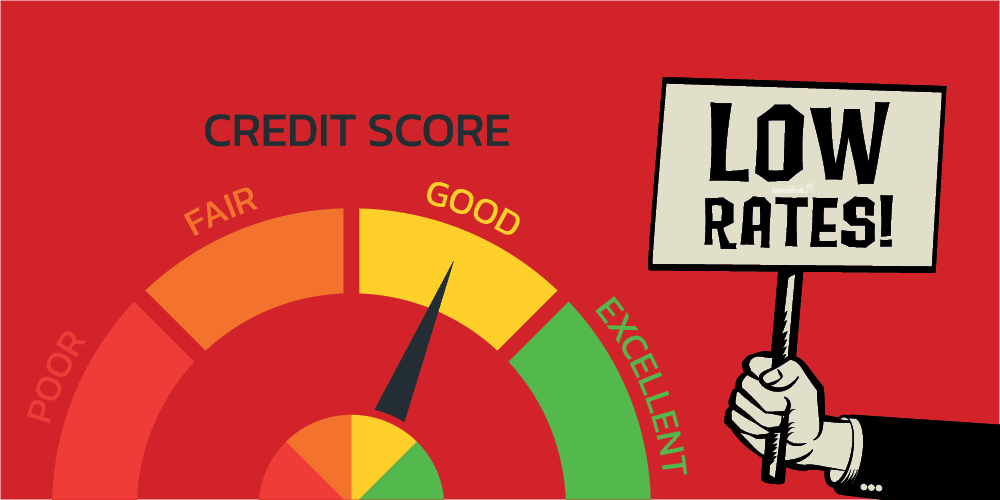
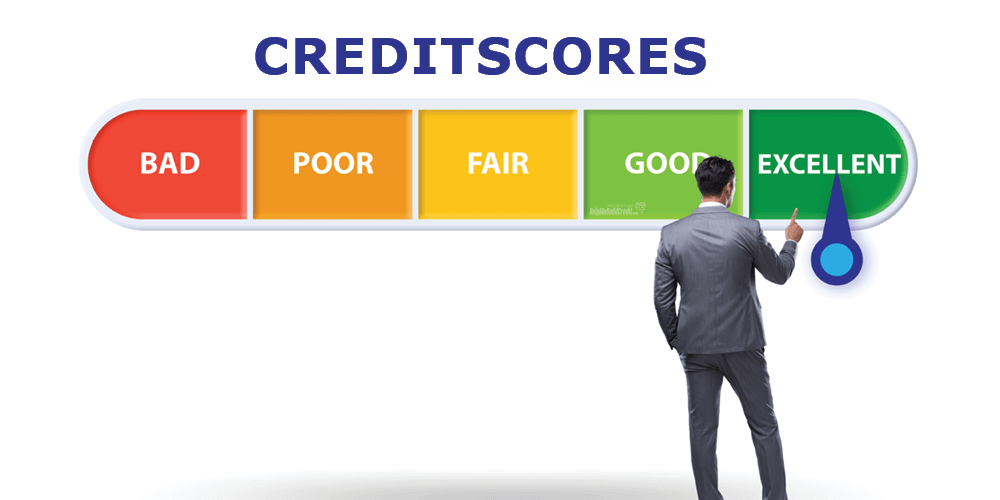
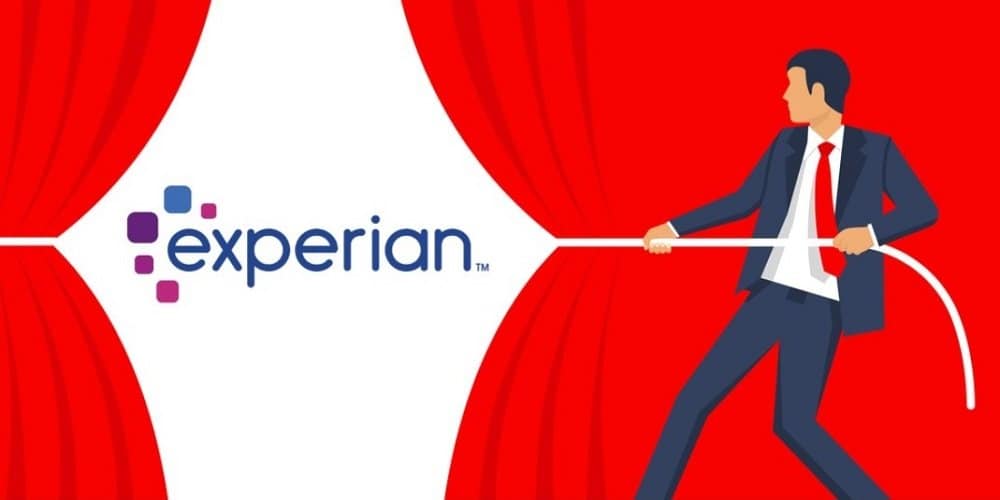
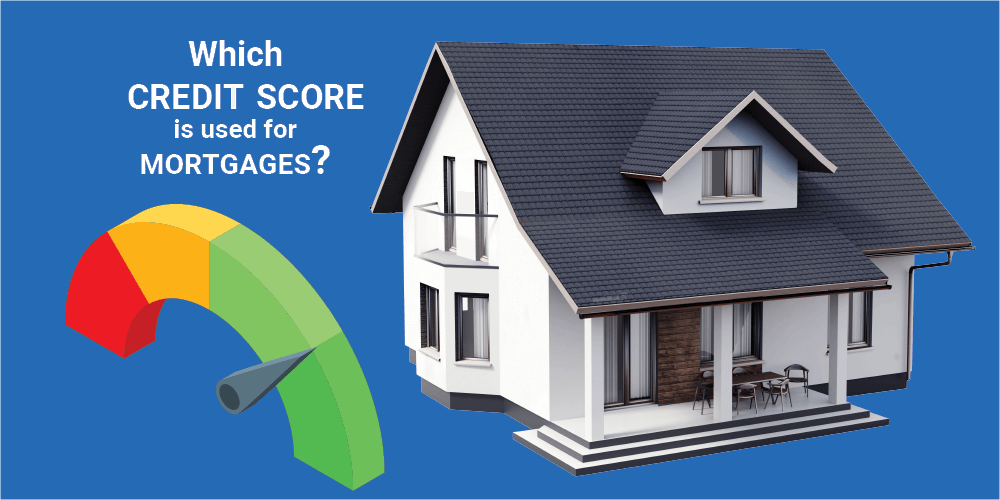
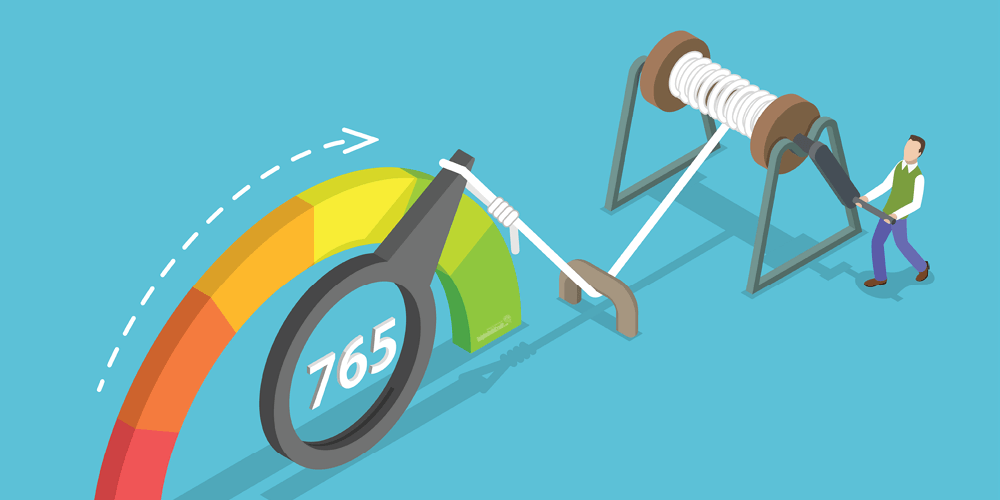
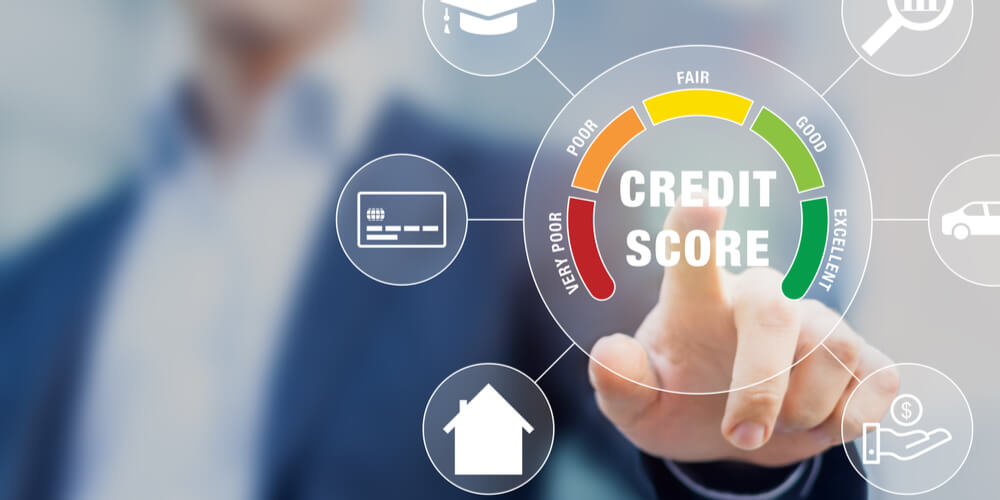
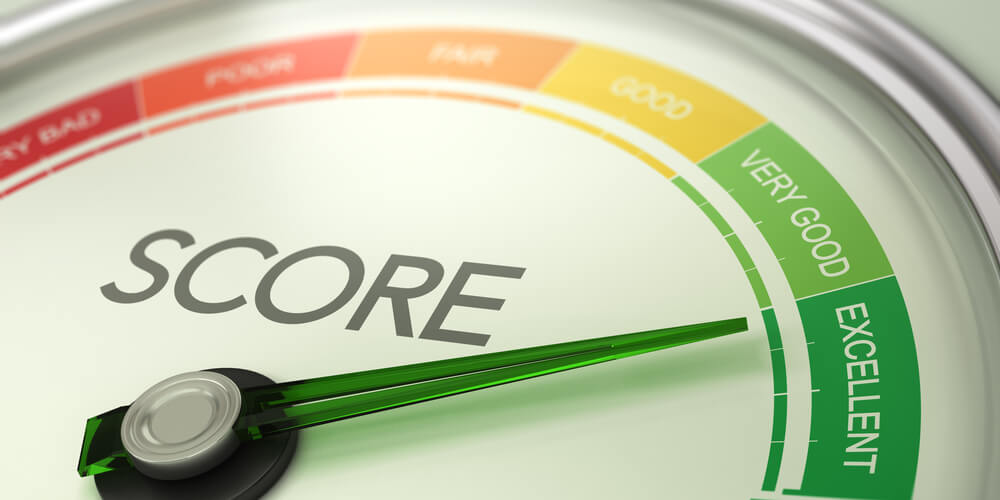


0 Comments